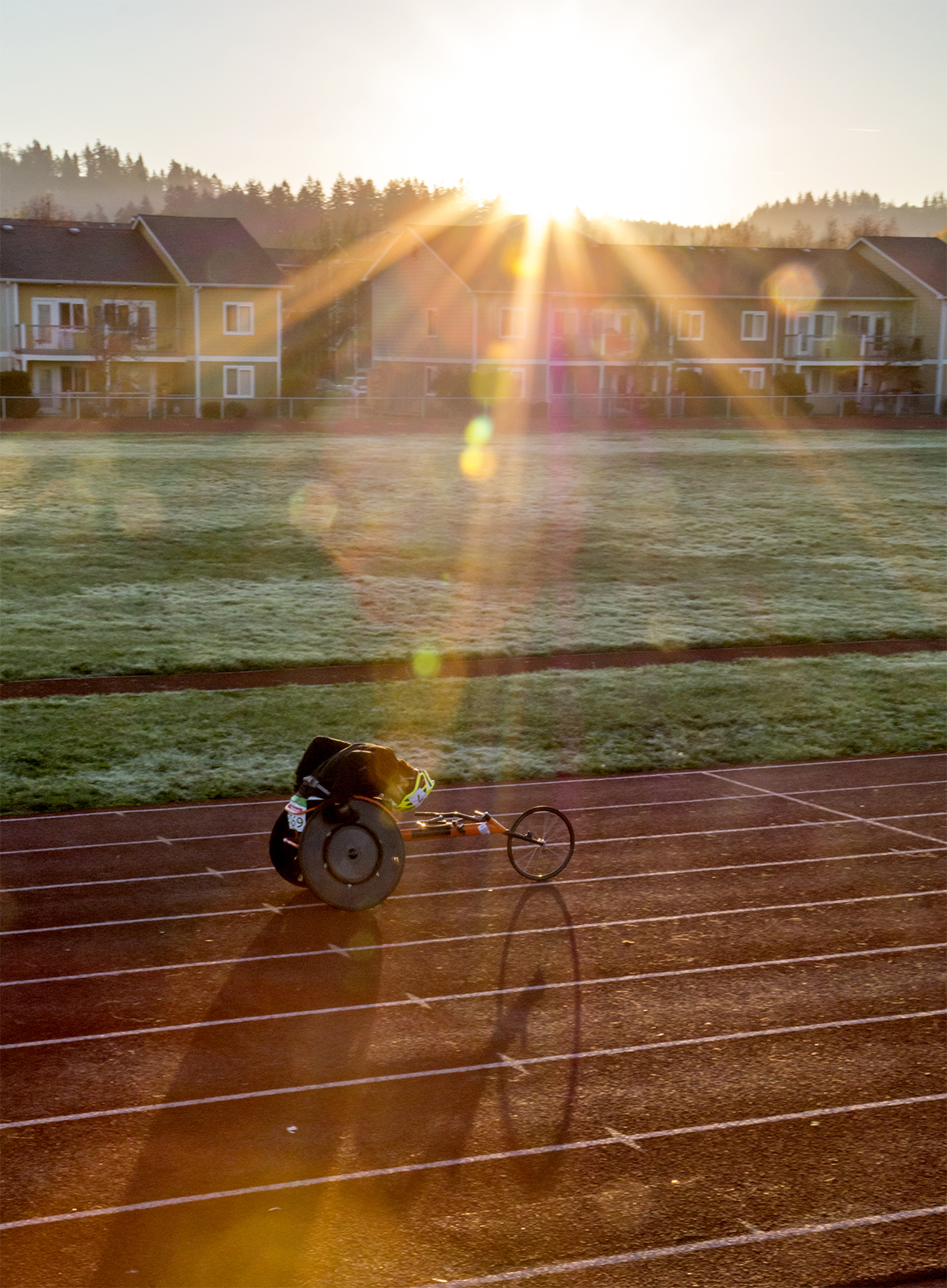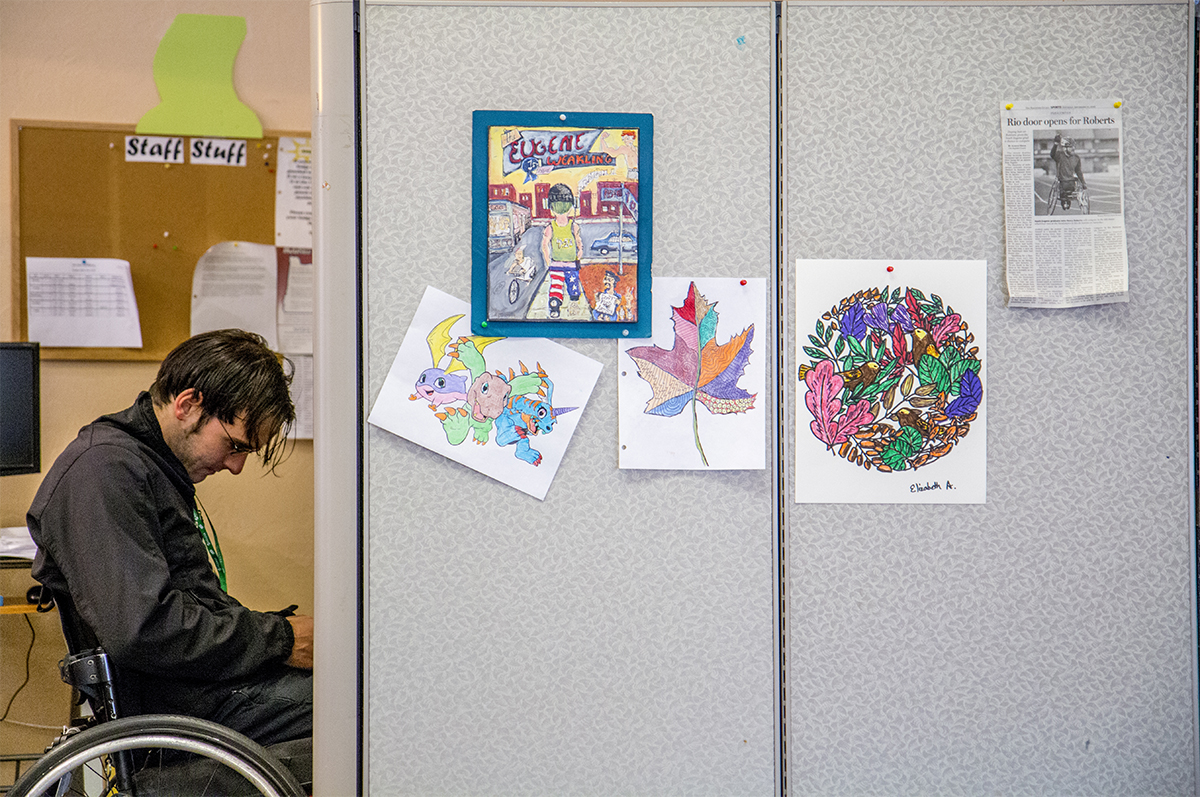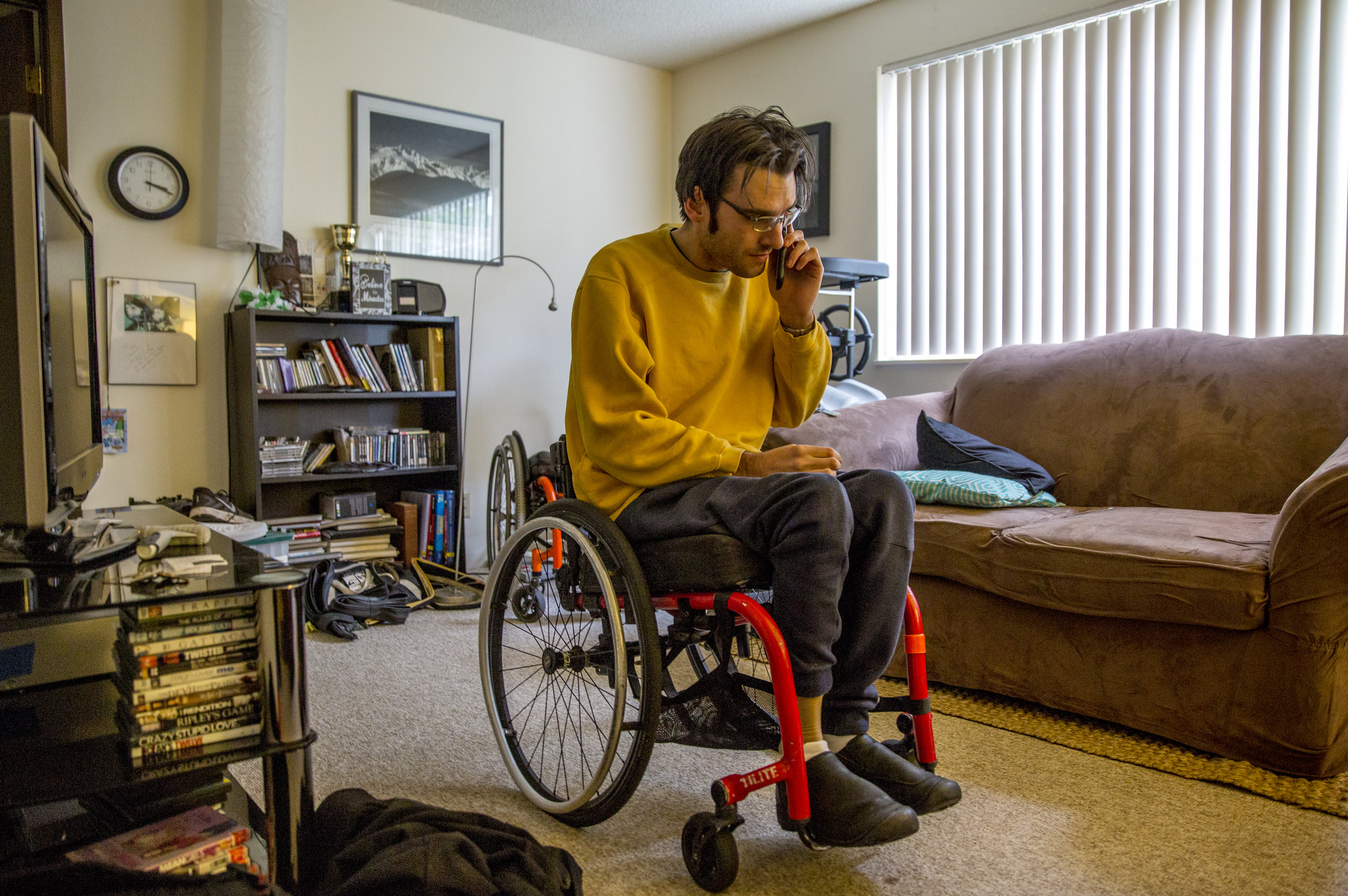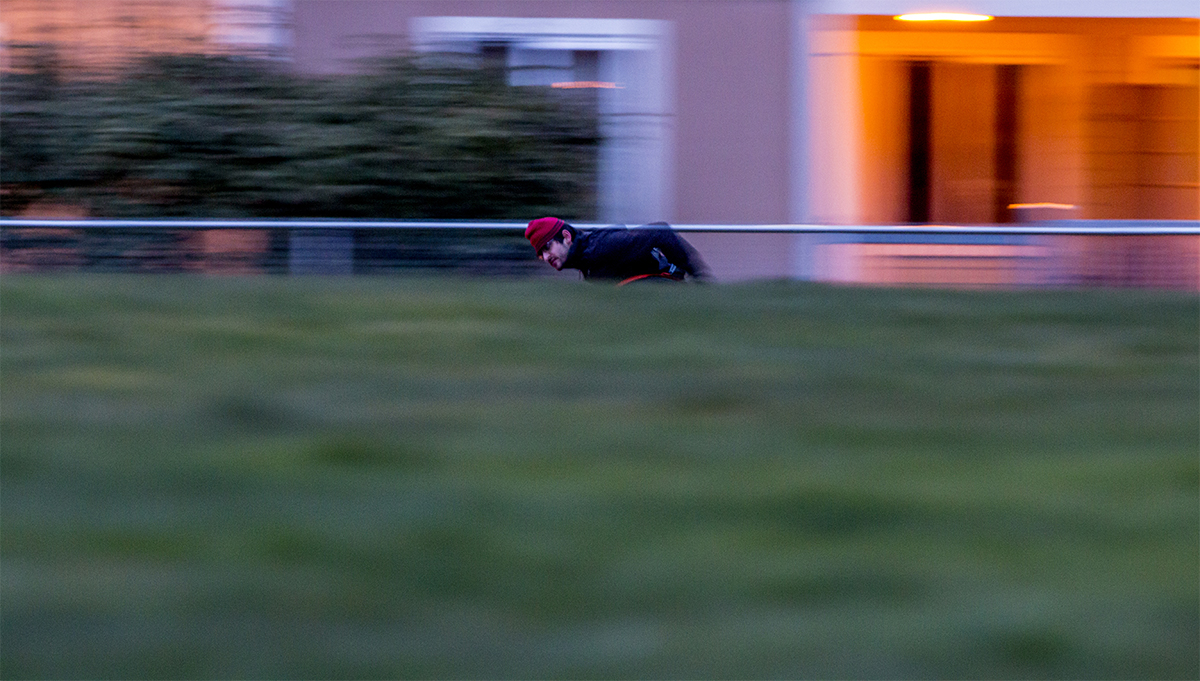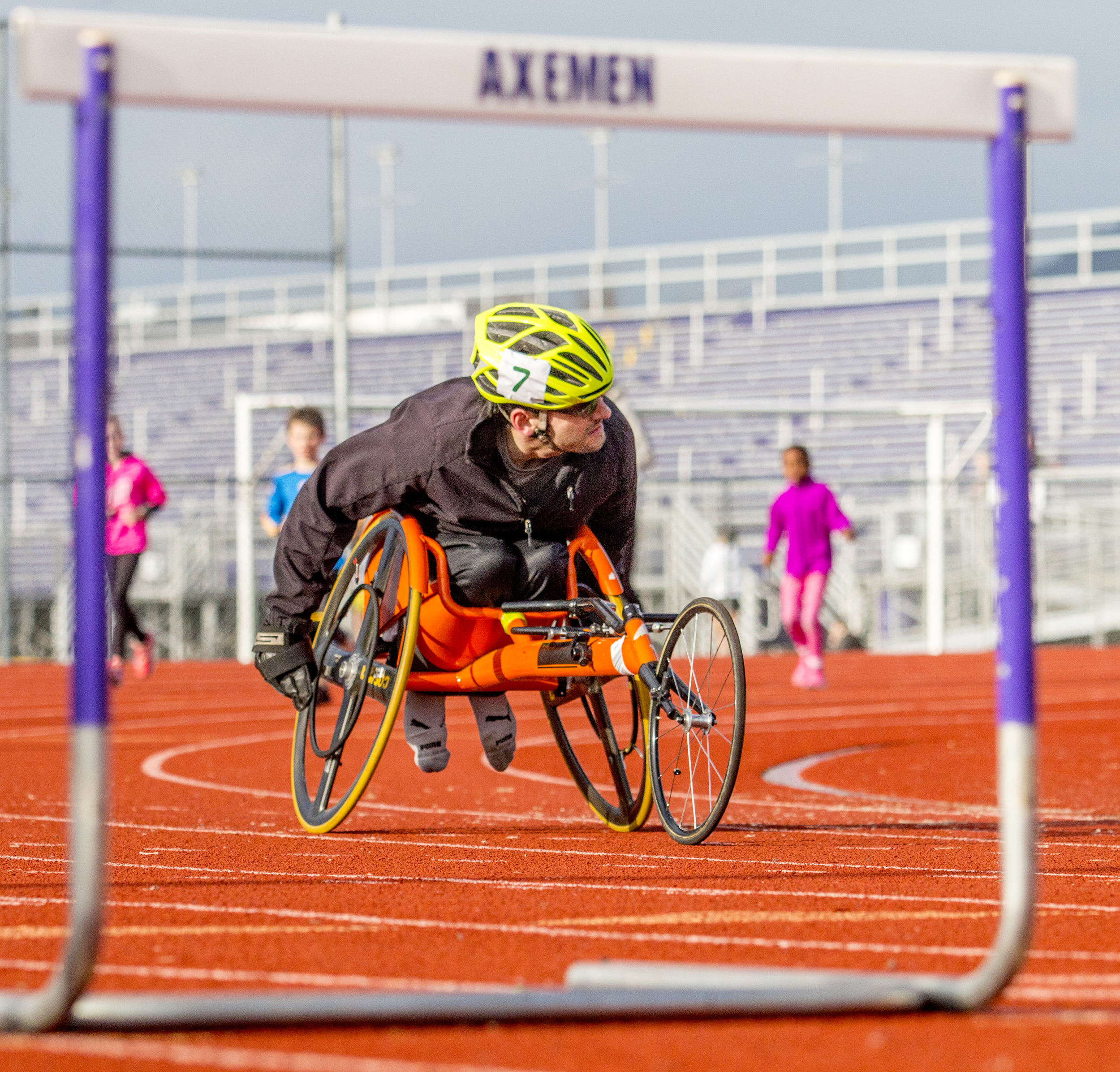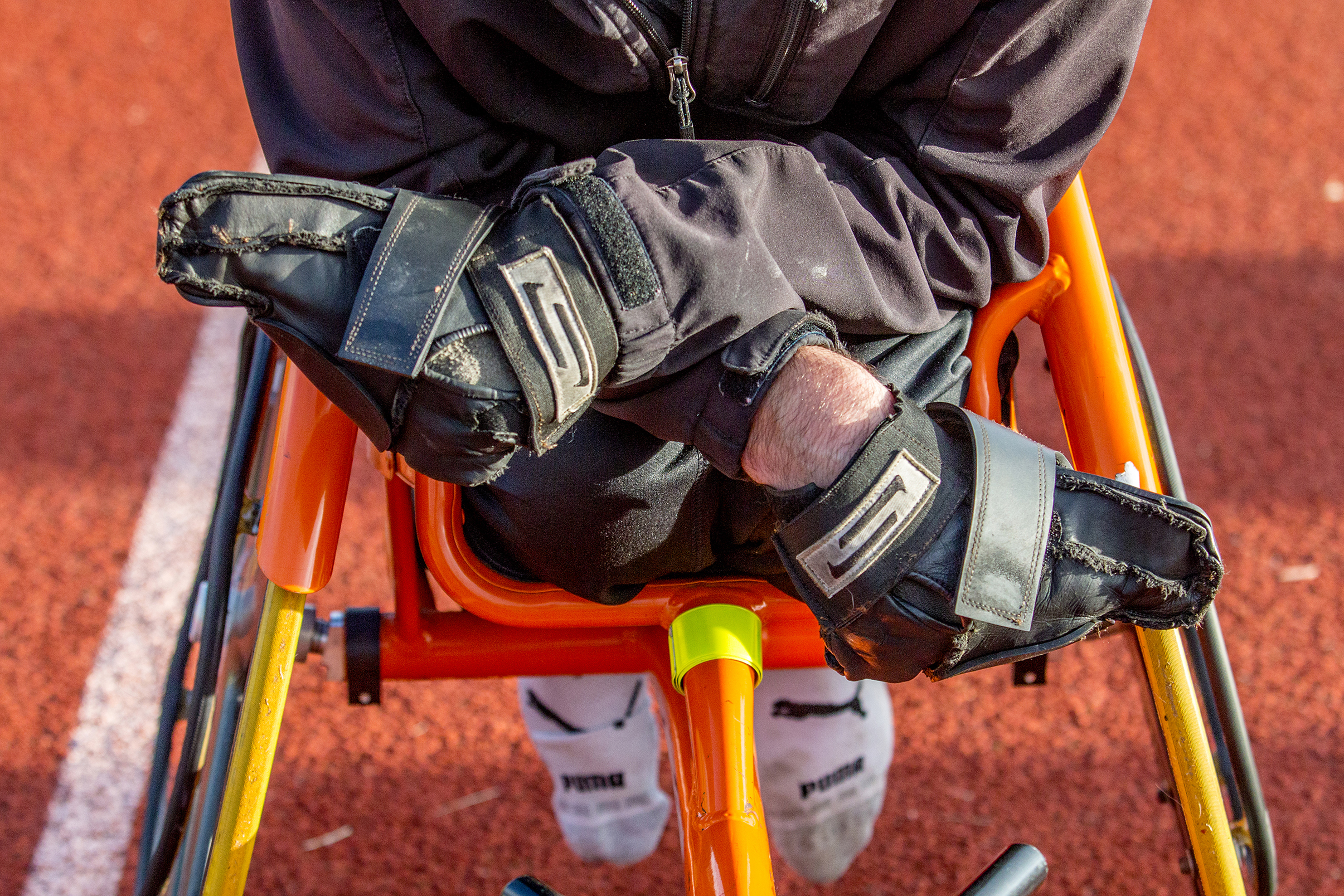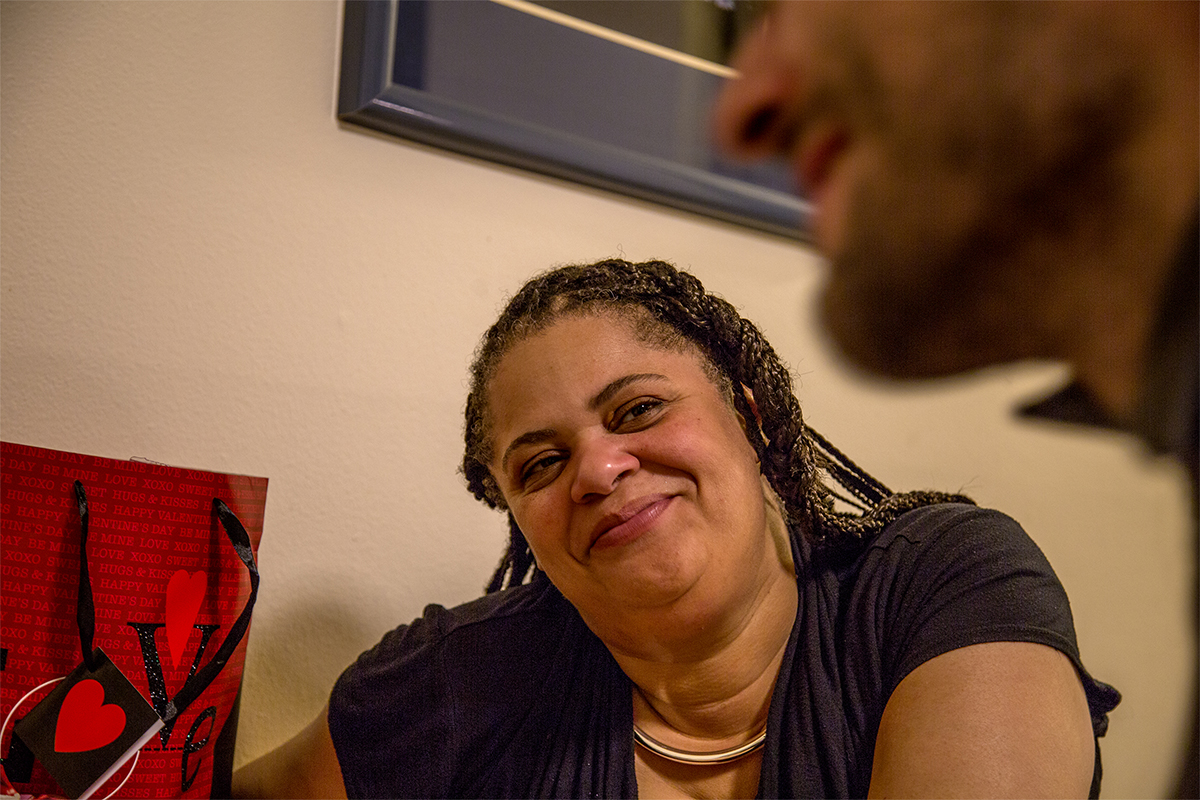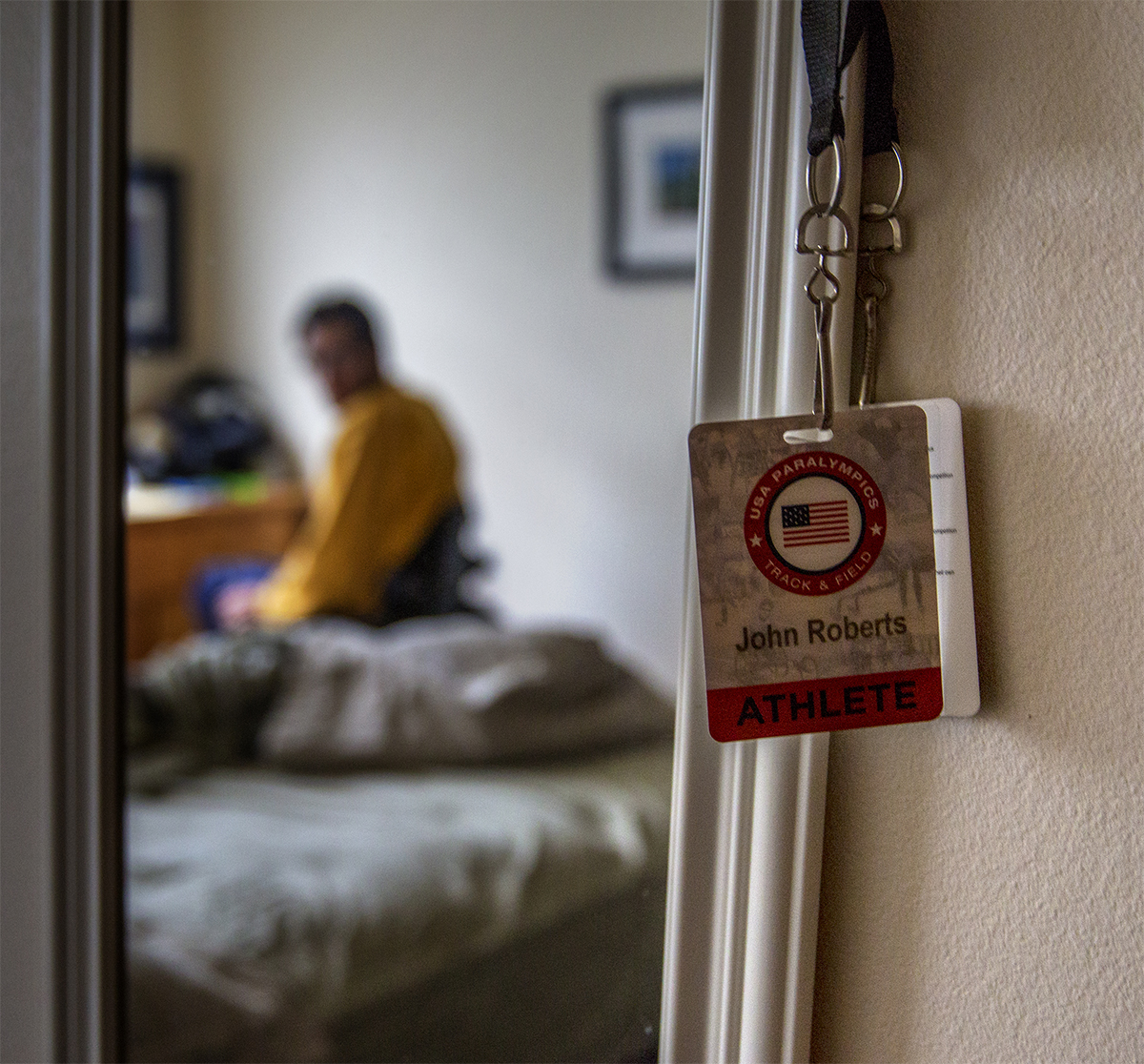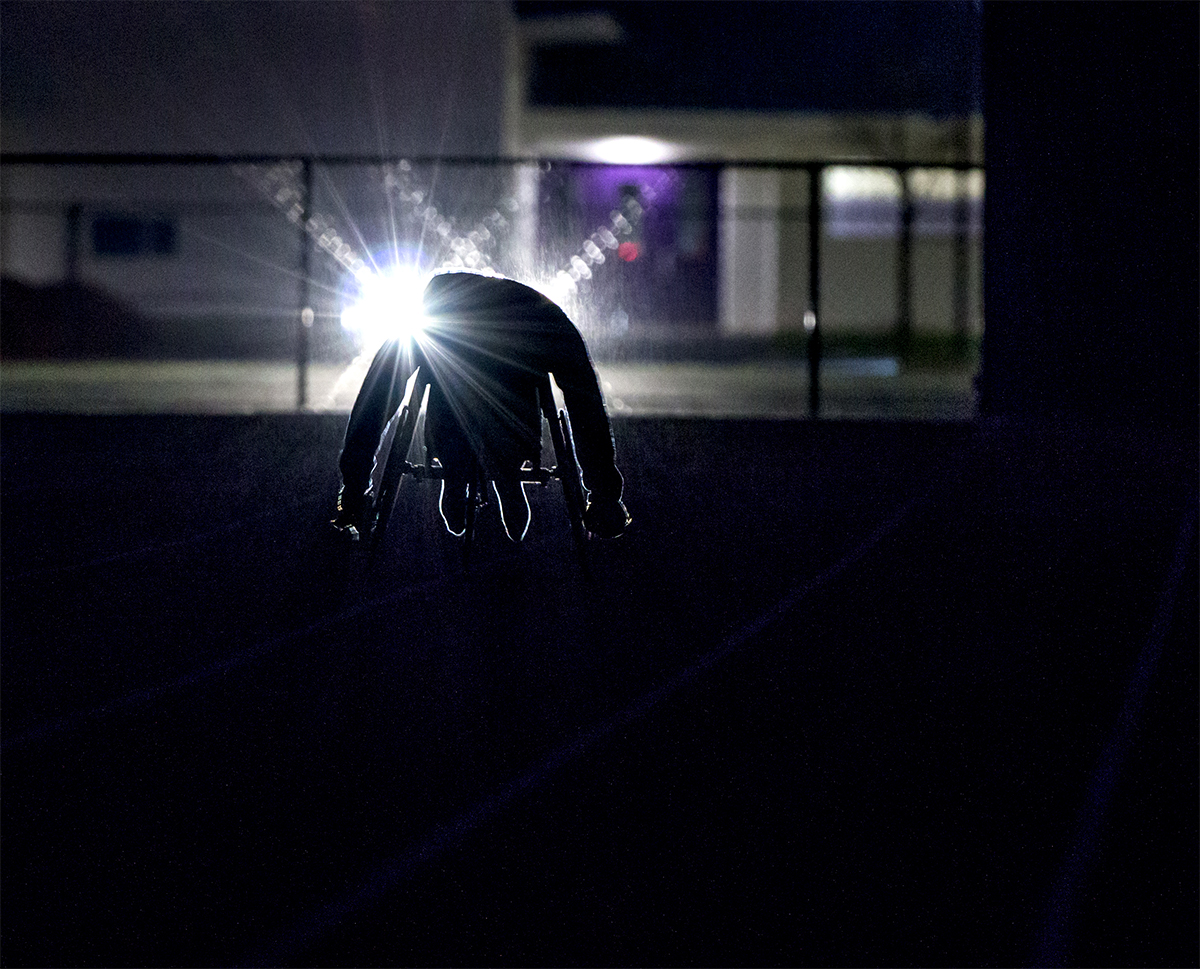Perseverance Personified
John Roberts saw bright lights shining all around him, the occasional flash of a camera in the crowd, the track below shone a royal and vibrant blue. The 32-year-old had a different color on his mind however, gold. He had arrived at the start line of the Rio Olympics. His finish line lay only 100 meters ahead of him. In a second his life flashed before his eyes, the sound of a gunshot split the air and they were off. At this level of competition it only takes 1/10 of a second for you to find yourself playing catch up to the other athletes, and soon Roberts is 20 meters behind. He crosses the line in last. It’s not the result he had been hoping for, but he’s happy nonetheless. He’s happy because he’s there. He’s racing at the biggest sports venue in the world, he’s wearing his countries jersey and he made it to the Olympics. “I was just happy to be there, period. Because it had been a 20 year journey that finally came true,” Roberts says.
Usain Bolt competed in his first Olympics when he was 18. Michael Phelps was only 15 when he made his first Olympic team. Both went on to win multiple medals and be dominant forces in their respective sports. It’s a little different for Roberts and athletes like him. According to Roberts, the natural born talent one could argue is possessed by the Usain Bolts or Michael Phelps of the world doesn’t exist for parathletes. Roberts, who has Cerebral Palsy and is bound to a wheelchair, was born in the small Indiana town of Terre Haute and moved to Eugene when he was young. Instead of relying on talent he had to work hard and keep driving forward to achieve his goals. Robert describes it as a grind. “I wasn’t the most talented athlete and I wasn’t the best athlete. But I’m just the kind of person that just puts his head down and grinds.”
Robert’s coach, Kevin Hansen, describes him as “perseverance personified.” Hansen is one of the heads of World Wheelchair Sports, a Pacific Northwest based program that provides an opportunity for people with disabilities to compete in track and field, cycling, kayaking and other sports and recreational activities. “No one has ever worked at it so long, and so hard and so consistently,” Hansen says of Roberts’ years of working to qualify for the Olympics.
Roberts credits his success in part to the sacrifices he’s made over the years. At 19 he made his first national team and competed in New Zealand. For the next 13 years after that he spent his time sleeping on hotel floors, working two or three jobs at a time and saving every dime he ever made so he could travel to places for competition. “Wasn’t always glamorous, but in the end it was worth it all,” Roberts said.
Prior to the Rio Olympics, Roberts hadn’t even been expecting that he would get the chance to compete, and had even been considering moving on with life. “There kind of comes a point where you get tired of living out of a suitcase, and you get home and there’s no food in your house, and you’ve got to go to EWEB to get your lights turned back on” Roberts said. He was ready to get a second job, move in with his girlfriend and start a new life. Then he got the call.
In the back of his mind he had suspicions that something would happen. Rumors had been circulating that the Russian team would be banned due to doping. A month after the Paralympic trials he had purchased a new pair of $2,000 wheels. A decision his parents had questioned, thinking he was going to move on. “Well, wait,” Roberts told them. “If it happens the way I think it’s gonna happen, it’s gonna open up some doors for me.”
That door opened two weeks before the Olympics. Roberts was at work preparing to start his job. His phone rang and he noticed it was the number of the U.S. National Teams coach. “You’re gonna get to represent your country,” the coach tells Roberts. Roberts took a double take moment before it hits him. He had just achieved the goal he’kkkk been working towards for 20 years.
“It was kind of a tearful moment, and something I’ll never forget,” Roberts said. He called his parents immediately to tell them the news.
At the time of the news Roberts coach had been approximately 186 miles away at a cabin on Mt. Hood. For Hansen, the news came completely out of the blue. “I went through four of the five levels of grief up at the mountain,” Hansen said. “Finished a bottle or two of wine. Make the pain a little number. But then he calls and says ‘I’m going,’ and then everything was right with the world.”
“I was ecstatic, I can retire,” Hansen said. Realistically, Hansen doesn’t think he could ever retire. The kids he has taught over the years inspire him. “That’s why I do it,” He says, “it’s purely selfish. When I’m thinking about their problems I’m not thinking about mine.” Hansen had been the U.S. coach at the Atlanta Olympics 20 years earlier. To have another athlete compete at that level today has bookended his career.
“You’re going to have to make some personal sacrifices and possibly some financial sacrifices,” Roberts said. “But if you have people who are behind you, you can do anything you want.” Hansen has been that person behind Roberts. He started coaching him when Roberts was only about 12 years old.
“To just be able to watch me grow from being a little young teenager just starting to figure it out and then to be on the worlds biggest stage 20 years later. I mean its, it just kind of makes me cry talking about it, cause I went through everything with that guy,” Roberts said.
“JR knows the roadmap,” Hansen says of his continued coaching and Roberts’s future athletics. “I’ll always be there to pick him up at the airport.”
If everything goes according to plan for Roberts, and he makes the world championships team in June, Hansen might see his student competing at the Tokyo Olympics in 2020. They both believe he can once again get there. Roberts was the oldest athlete on the line in Rio and will be 36 by the time Tokyo rolls around. But Rio lit a flame in Roberts that told him he wasn’t ready to be done yet.
“It’s hard to walk away from. But I think that when I’m ready to walk away from it, I’ll be at peace with it.” Roberts recalls when he was a kid on the playground. He was one of the kids that would try to jump from one point to another point. The next time, he would try to jump beyond that previous point.
If Roberts does find himself at the start line in Tokyo, he will focus on not being overwhelmed by the bright lights, the crowd and all the noise. He will look to get back to the fundamentals of what he knows he’s capable of. “Just do my race, and try to block out the noise and just see how it goes.”
